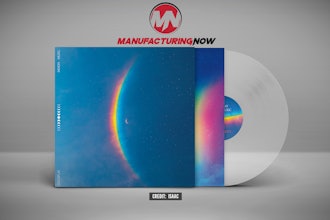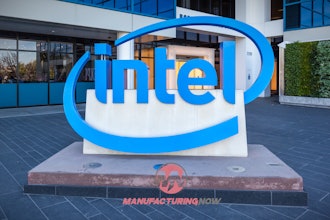Woolly mammoths are one of the most recognizable prehistoric animals even though they’ve been extinct since the late Pleistocene era. But now they’re back, albeit in a much different form than you might be imagining.
Vow, an Australian cultivated meat company, has just unveiled the Mammoth Meatball. No actual woolly mammoths were hurt in the process. Instead, Vow identified a mammoth gene called myoglobin, which it said gives red meat its “meaty” taste. The company then filled in the sequence holes using African elephant DNA, a strategy that totally worked out in Jurassic Park. Then it inserted the mammoth myoglobin into sheep cells and started growing enough cells to construct its Mammoth Meatball.
No one at Vow has eaten the meatball yet. The company said it’s not sure what kind of trouble the primordial hors d’oeuvre might cause for the human body. But the project serves as a proof-of-concept for Vow’s mission to “invent entirely new meats that have never existed before.”
To that end, Vow recently opened a cultivated meat facility and raised nearly $50 million in Series A funding. It will all factor into the company’s efforts to help offset the environmental impact of the estimated 339 million tons of meat consumed worldwide in 2021.
Cultivated, or lab-grown, meat is a fast emerging industry being advanced by startup companies like Vow, Upside Foods and others. McKinsey & Co. estimates the global market could be worth up to $25 billion by 2030.
It got a boost late last year when the FDA officially signed off on cultivated meat being safe for human consumption. But, as CNN recently pointed out, clearing the regulatory approval hurdle brings the industry to the issue of scaling production. And that will need to happen if cultivated meat has any hope of replacing a meaningful amount of the traditional meat consumed every year.
But if companies like Vow, which is bringing its first product to market soon, can make meatballs out of extinct mammals, maybe they can make cultivated meateaters of us all.






















